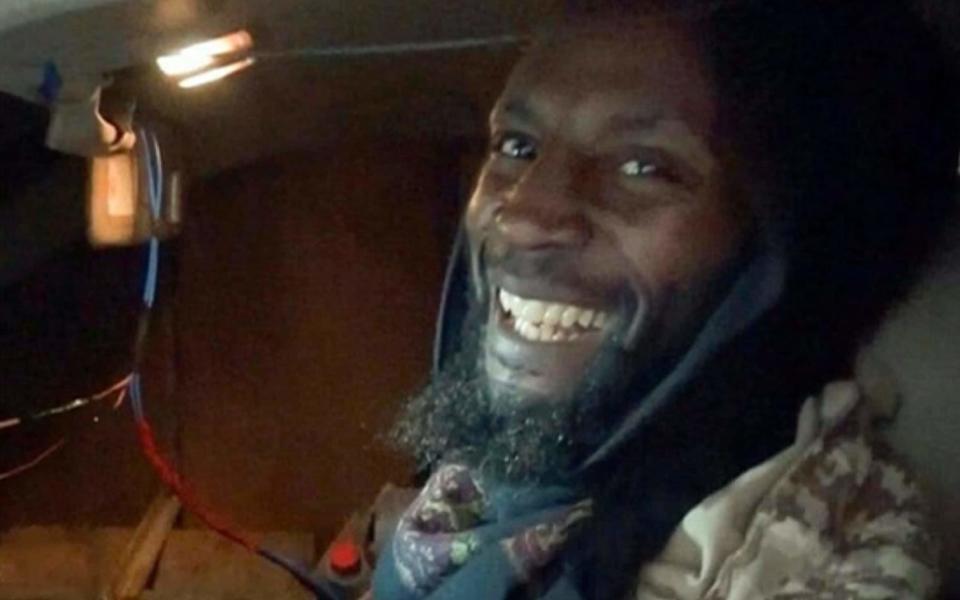Instead of squabbling over past mistakes on terrorist suspects, politicians should ask if our current laws are good enough

The death of Jamal al-Harith from Manchester in a suicide car bomb attack in Iraq has caused something of a political row, because al-Harith, born Ronald Fiddler, had previously been freed from the US detention centre at Guantánamo Bay and later received £1 million in compensation from the British Government over allegations that British officials were complicit in his mistreatment by his American captors. He was freed by the Americans while Tony Blair was prime minister; the compensation was paid by David Cameron’s government.
That is enough for partisans on either side to trade allegations about who bears the greatest blame for an outcome that will horrify British taxpayers. Yet more important than political point-scoring is an examination of quite why a man considered dangerous by British intelligence officers was not just at large but handed a huge sum of public money.
17 British Gitmo detainees and the £20m compensation fund:
Al-Harith was detained in Taliban-held Afghanistan and detained for two years by the Americans after intelligence officers concluded he was “affiliated” to al-Qaeda and had been “involved” in a terrorist attack against the US. That would be a crime under both US and British law, but he was not charged or convicted because putting him on trial might require the disclosure of intelligence material, something that would compromise the wider effort against terrorism.
A similar logic governed his compensation payment. The Government disputed his claims, but in 2010, the Court of Appeal ruled that ministers would have to provide their evidence in public. To avoid the publication of state secrets, ministers had no choice but to pay out. Even in America, a notoriously litigious nation, such cases could not succeed, for the US offers clear legal protection against the disclosure of state secrets in court.
The law has since been changed to prevent such disclosure in the UK, but that law has not been tested. The rules for dealing with those suspected of terrorism also need more attention; a lack of proper exit checks at British ports remains a worry. The balance between civil liberties and national security is always a fine one, but finding a way to deal with those who threaten us without clearly breaking the law in future would be a better use of politicians’ time than arguing about who is to blame in the al-Harith case.

 Yahoo News
Yahoo News 